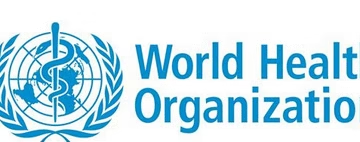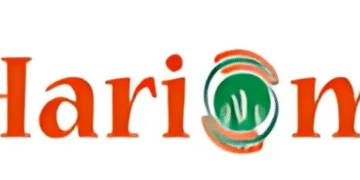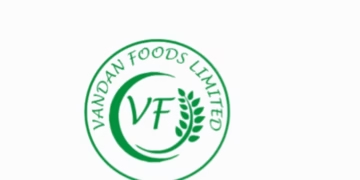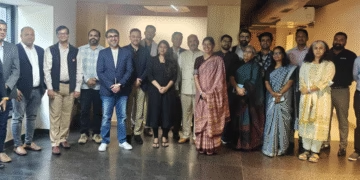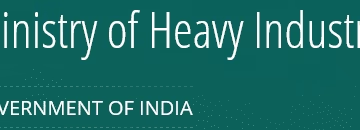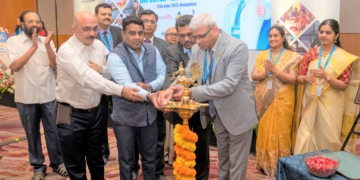TASHKENT, UZBEKISTAN (16 November 2018) — The Asian Development Bank (ADB) has approved a $197 million loan to expand its support to Uzbekistan’s horticulture sector by establishing agro-logistic centers (ALCs) in the regions of Andijan and Samarkand to improve processing, storage, quality assurance, shipping, and distribution of horticultural products.
“The ALCs will provide all necessary post-harvest facilities and services in one place. They will help improve the value chain from farm to market through increased efficiency gains for all participants and increase price transmission to small-scale producers and small and medium-sized agribusinesses,” said ADB Senior Natural Resources and Agriculture Economist for Central and West Asia Mr. Bui Minh Giap. “The project will increase domestic sales and exports while reducing post-harvest losses and handling costs.”
Horticulture remains a promising sector in Uzbekistan’s agriculture. Its contribution to export growth in 2017 was almost twice that of cotton, and it continues to provide higher financial returns to farmers. The sector, however, is still underdeveloped due to a lack of access to modern production and post-harvest technology and financing.
The Horticulture Value Chain Infrastructure Project will finance the establishment of two ALCs. In Andijan, the ALC will comprise about 25,000 square meters of trading area, about 60,000 cubic meters of cold storage, and 12 processing lines with an approximate annual throughput of 600,000 tons for export and 80,000 tons for the domestic market. In Samarkand, the ALC will comprise 35,600 square meters, 60,000 cubic meters of cold storage, and 17 processing lines with an approximate annual throughput of 850,000 tons for export and 150,000 tons for the domestic market. Both ALCs will have an annual cold storage capacity of up to 3 million tons. Each ALC will be a one-stop-shop for buyers and sellers, serving both domestic and export markets. Apart from modern storage and trading facilities, they will also include on-site support such as quality and safety certification, online market information systems, banking, and customs services.
The project will, likewise, improve the institutional and operational capacities of relevant government agencies in the horticulture value chain, particularly the Ministry of Foreign Trade (MFT). MFT will establish an ALC management company to manage and operate the ALCs on the user-pays principle. Best practices will be documented and shared in other horticulture areas in Uzbekistan.
The total cost of the project, which is expected to be completed by the end of 2023, is $244.75 million, with the Government of Uzbekistan contributing $47.75 million through exemptions of taxes and duties.
ADB is committed to achieving a prosperous, inclusive, resilient, and sustainable Asia and the Pacific, while sustaining its efforts to eradicate extreme poverty. Established in 1966, it is owned by 67 members—48 from the region. In 2017, ADB operations totaled $32.2 billion, including $11.9 billion in cofinancing.




